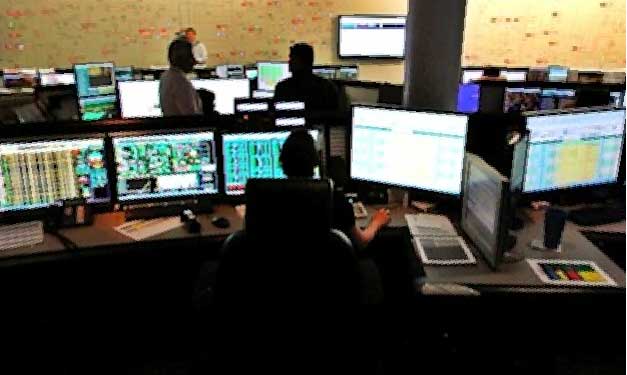BY THE NUMBERS
$148.97 - Projected January electricity bill for a typical Chattanooga home using 1,460 kwh of power$151.44 - December power bill for typical Chattanooga home using 1,460 kwh of power$145.60 - January 2012 monthly bill for Chattanooga household using 1,460 kwh of powerSource: EPB, Tennessee Valley Authority
The winter chill to the pocketbooks of those who heat their homes with electricity won't be quite as cold next month.
After raising rates in eight of the previous nine months, the Tennessee Valley Authority said Tuesday it will cut its monthly fuel cost adjustment by 8.3 percent in January. The change should save the typical Chattanooga household $4.47 in January, lowering the end use rate charged by EPB by nearly 2.3 percent from the current rate.
"Favorable hydrogeneration helped to partly offset a continued rise in natural gas prices," TVA spokesman Scott Brooks said.
The fuel cost portion of TVA's power bill will fall next month to the lowest level since September. Above-average rains helped swell TVA reservoirs and raised generation from TVA's 29 power-producing dams -- the utility's cheapest source of power.
Despite the drop in January's fuel cost portion of the bill, however, Chattanooga electricity prices heading into the coldest month of the year are still above what they were a year ago. EPB estimates the typical Chattanooga household will pay $3.37 more at the start of 2013 compared with a year ago because of higher rates.
Actual winter bills this year are likely to be even higher since last year's temperatures were abnormally mild.
Colder temperatures are already bringing more requests for help in paying utility bills from financially struggling Chattanoogans.
"The problem has certainly not lightened up and, if anything, it has gotten worse," said Rebecca Whelchel, executive director for Metropolitan Ministries in Chattanooga. "Our clients struggle to pay their electricity and water bills and with the cost of water going up, it just takes more money to run a home."
Whelchel said utility bills are the least negotiable of any bill faced by low-income families.
"Too many people have to choose between food and electricity," she said.


